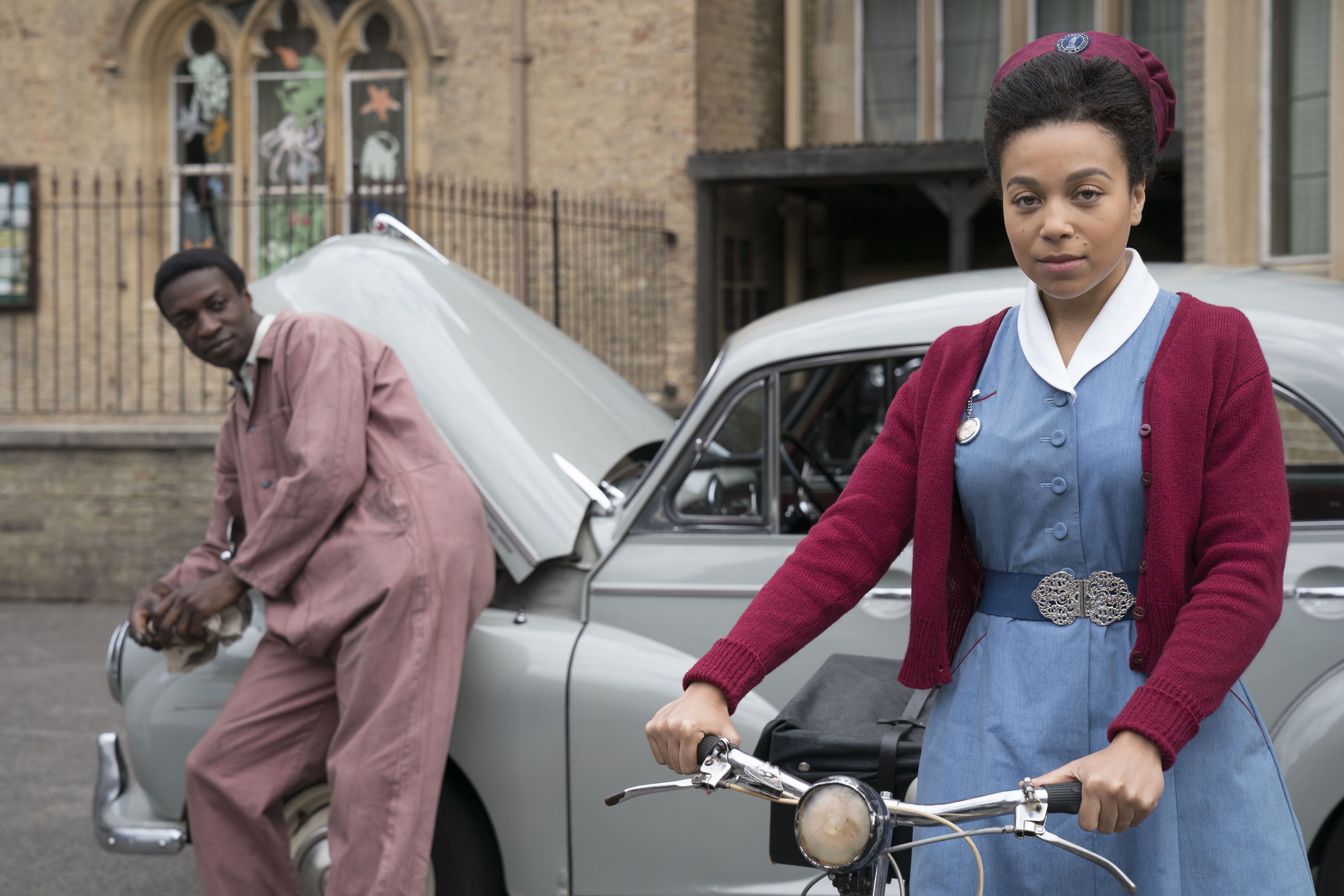Abbie Jones details how the use of ‘blind’ casting has allowed for Black casting to become more paramount in our British obsession with the period drama.
Britain is as obsessed as ever with period dramas, however it seems that producers are not stuck in the past along with the programmes. Historical dramas have traditionally been made up of all-white casts, leaving no room for Black talent to emerge. However, British television seems to be having a breakthrough with many shows now featuring a ‘blind’ casting.
Race rows continue to surround Idris Elba’s potential casting as ‘traditionally white’ James Bond with Sir Roger Moore being criticised for saying that Elba is not “English-English” enough. The Bond franchise is set in more modern times than many much-loved British period dramas, making it arguably more unforgiveable to not cast an actor because of their race. Downton Abbey creator, John Fellowes, states that it is important for period dramas and productions to be historically accurate. This comes after Fellowes had to defend his musical, Half a Sixpence, in a race row with critics claiming that the cast shows an inexcusable lack of diversity despite the production being set in 1900.
British television producers are seemingly ignoring Fellowes’ concerns as we see an increasing amount of Black actors in period dramas despite the arguable ‘historical inaccuracy’. BBC One’s adaptation of Les Miserables features Black actor, David Oyelowo, as Inspector Javert. The series is set during the French Revolution, a time when a Black man would not have been appointed to roles of such authority. Despite this, there is absolutely no reference or acknowledgment of Javert/Oyelowo’s race throughout the series – he is presented as though he is meant to be there.
Many other shows and productions are using the same casting strategy, as Call the Midwife recently introduced their first West Indian midwife in Season 7. Jane Austen is not a novelist that inspires thoughts of racial diversity but even ITV’s adaptation of her novel, Sanditon, presents Black actress, Crystal Clarke, as the leading heiress Georgiana Lamb. Recent Globe productions have cast a Black Hamlet and a Black King Lear whilst Black actress, Naomie Ackie, took the leading part in the film Lady Macbeth, all of which prove that Shakespearean productions have come a long way since the times that young men had to play the female roles with women being banned from the Renaissance stage.
Black British actress Thandie Newton has previously complained about period dramas offering “slim pickings for people of colour,” adding that she does not want to “play someone who is being racially abused.” This burgeoning ‘blind’ casting strategy offers a refreshing take on the traditional period drama, emancipating Black actors from playing the roles of slaves or the discriminated-against ‘Other’ and prioritising principles of diversity over debatable historical accuracy.
Television and film often engage with audiences by making the content relatable and relevant to people’s lives. Even though period dramas are not set in our time, the plights of the characters still resonate with the modern-day man. The Royal Shakespeare Company’s artistic director, Gregory Doran, states that television and production “is a mirror to life. If you don’t see yourself in that mirror, why should you engage with it?”
Black representation in period dramas then not only expands opportunities for Black actors but will also mean that the shows become more accessible to Black audiences. Maybe things aren’t so Black and white these days, as the introduction of Black actors into period drama brightens the future of television and film, hopefully paving the way for Black actors to not be denied roles on the basis that they’re not “English-English” enough.
Image Credit: BBC

